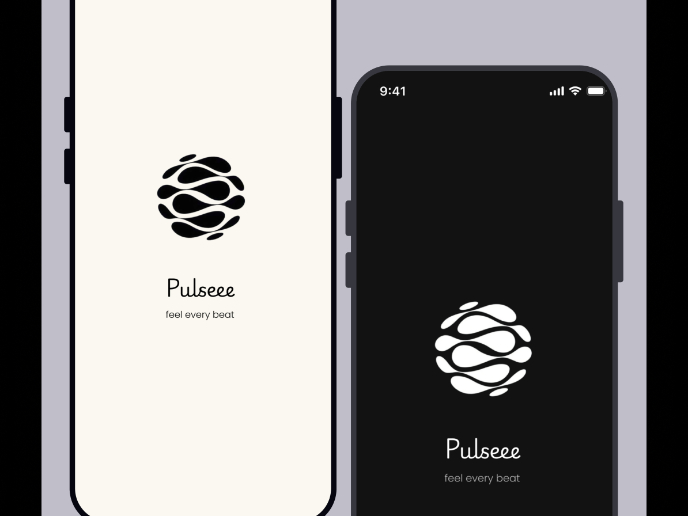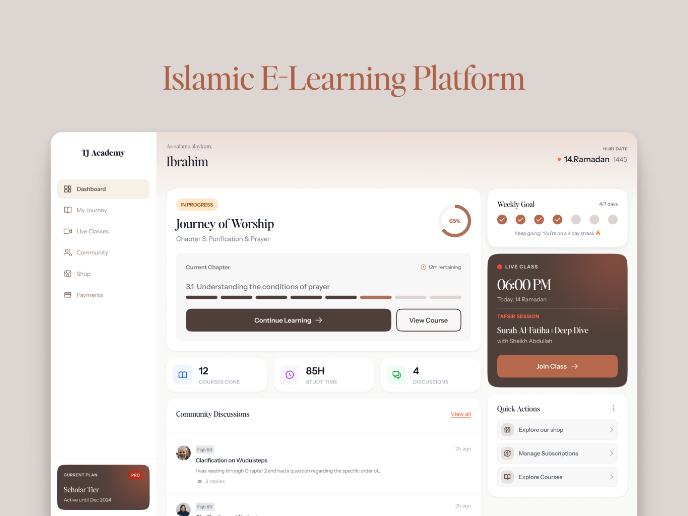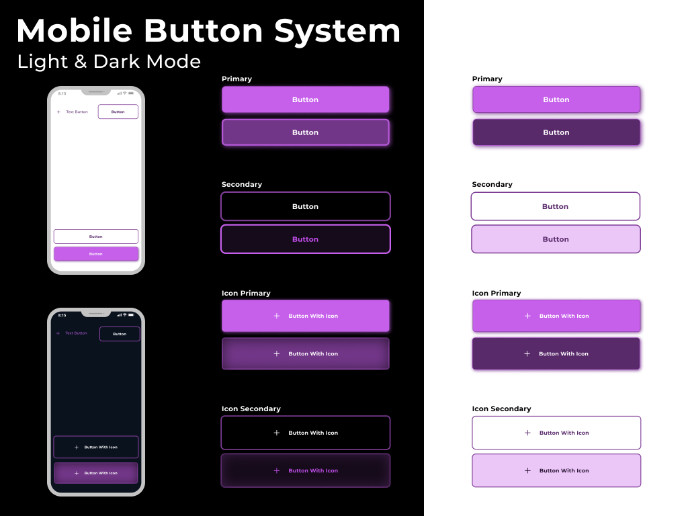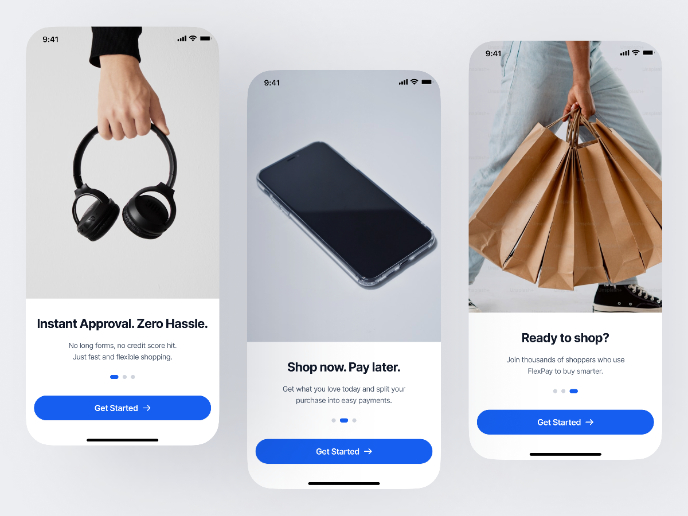Heuristic Evaluation: Babbel Language Learning App (Mobile)
Reviews
1 review
Your analysis is already solid, but a few areas could make it even sharper. Here’s what’s missing and how you can take it to the next level:
"Accessibility Needs More Focus"
You’ve covered usability well, but what about accessibility? Does Babbel meet "color contrast standards" for readability? Can users with "low vision or color blindness" navigate the interface without issues? Does the app "support screen readers" like VoiceOver and TalkBack? Adding this would give a more complete picture.
"Cognitive Load—Is the App Overloading Users?"
The UI is clean, but does it ever "dump too much information" at once? Some grammar explanations might work better with "progressive disclosure"—showing the basics first and letting users expand for more. Does the app truly support "recognition over recall," or do users still have to "remember too much" without enough visual cues?
"Performance and Responsiveness—Any Lag or Slowdowns?"
Does Babbel "feel fast" in real-world use? Are there "delays in loading screens, slow animations, or laggy interactions"? More importantly, how does it handle a "poor internet connection"? If a user suddenly loses access, does their progress "auto-save," or is there a risk of losing work?
"Does It Adapt to Different Learning Styles?"
The analysis touches on flexibility, but does Babbel "adjust difficulty based on user performance," or is it "one-size-fits-all"? Some apps allow users to "set learning goals, customize difficulty, or get AI-powered recommendations"—does Babbel do anything similar? If not, that’s a missed opportunity.
"Motivation—Could Engagement Be Stronger?"
Language learning is a long game. Does Babbel do enough to "keep users coming back"? Streaks, badges, leaderboards, or "social features" could add an extra layer of motivation. If engagement drops, does Babbel "nudge users" to get back on track?
"Error Handling—Beyond Just Prevention"
You covered error prevention, but what happens after a mistake? Does Babbel let users "quickly fix errors," or do they have to "restart entire sections"? If someone struggles with the same concept, does the app "offer extra help or adaptive practice"?
"Navigation Flow—Could It Be More Efficient?"
Is there "any friction" when moving through lessons? Are users forced to take "extra steps" to reach key features? Could shortcuts or "customization options" make the experience smoother?
"Onboarding—Does It Guide Users Well?"
First impressions matter. Does Babbel’s onboarding feel "smooth and intuitive," or do users have to "figure things out on their own"? Does it clearly "explain core features," or do users discover them later by accident?
Your analysis is already strong, but adding "accessibility, cognitive load, app performance, personalization, motivation, error handling, navigation efficiency, and onboarding" would make it even sharper.
You might also like

Pulse — Music Streaming App with Accessible Light & Dark Mode

Islamic E-Learning Platfrom Dashboard
SiteScope - Progress Tracking App

Mobile Button System

FlexPay

CJM for Co-Working Space - WeWork
User Research Courses

Ethical & Responsible Product Design

Introduction to Product Management



















